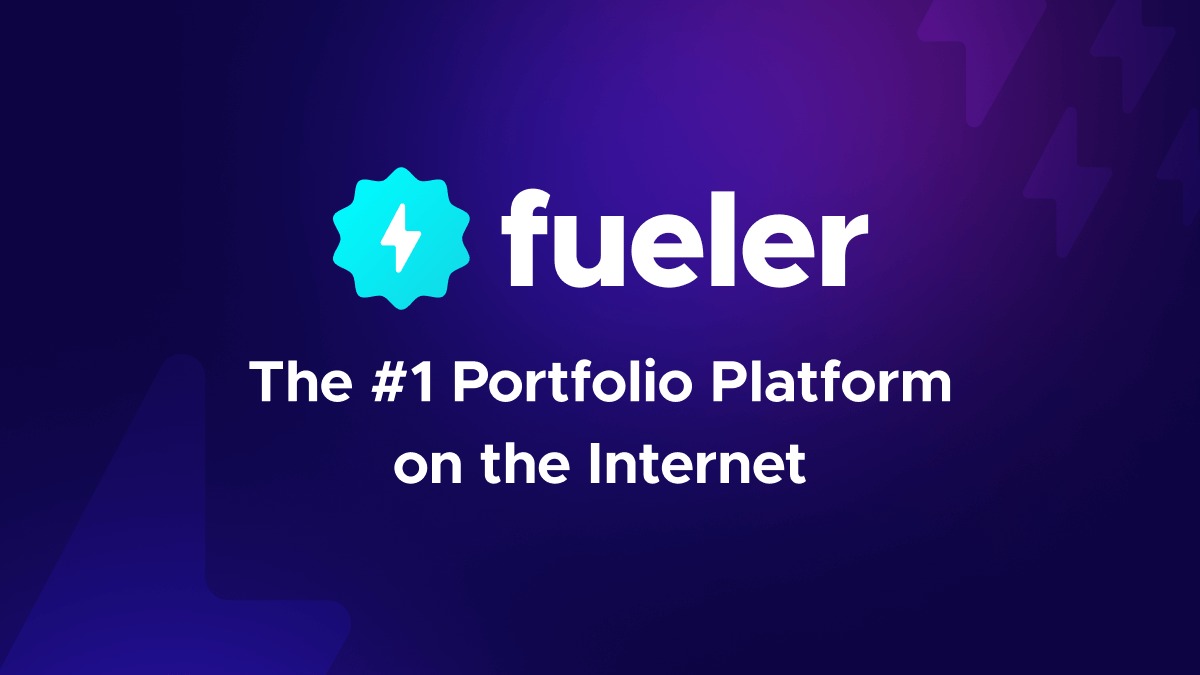Why AI Is Critical for Accelerating Drug Discovery in Pharma

Riten Debnath
22 Oct, 2025

The development of new drugs has historically been a highly complex, expensive, and time-consuming process. Today, Artificial Intelligence is radically transforming pharmaceutical research by enabling the rapid analysis of huge datasets, predicting molecular interactions, and designing innovative compounds with unprecedented speed and precision. By 2026, AI is no longer just a supportive tool but the engine accelerating drug discovery, reducing costs, and pushing boundaries to produce life-saving medicines faster than ever.
I’m Riten, founder of Fueler, a platform that helps freelancers and professionals get hired through their work samples. In this article, I’ll walk you through why AI is vital for accelerating drug discovery in the pharma industry in 2026. While mastering AI skills is crucial, showcasing your work with a compelling portfolio is your true gateway to credibility and career growth.
Let’s delve into the key ways AI is reshaping the pharmaceutical landscape.
AI-Enhanced Target Identification: Pinpointing the Molecular Keys to Disease
Identifying the right biological targets (such as proteins or genes) is foundational in drug discovery. AI leverages massive genomic, proteomic, and clinical datasets to spot disease-relevant targets faster and more accurately than traditional methods.
- Machine learning uncovers hidden correlations and pathways by mining multi-omics data, from genomics to metabolomics.
- Natural language processing (NLP) scans scientific literature and patents to extract up-to-date biomedical knowledge.
- AI integrates diverse data types to deliver a comprehensive picture of disease mechanisms.
- Prioritizes promising targets efficiently, focusing experimental resources strategically.
Why it matters: AI accelerates early-stage discovery, boosting the chances of developing effective therapies while cutting costs and timelines.
Generative AI for Molecular Design: Crafting the Future of Medicines
Traditional drug design is limited by human intuition and resource constraints. Generative AI models explore enormous chemical spaces, inventing novel molecules optimized for therapeutic efficacy, safety, and drug-like properties.
- Variational autoencoders and generative adversarial networks (GANs) produce innovative, synthesizable compounds.
- Predictive algorithms model drug-target interactions, anticipate metabolism, and flag toxicity pre-synthesis.
- Iterative AI-guided optimization refines molecules based on biological feedback.
- Virtual high-throughput screening narrows candidates from millions to the most promising hits.
Why it matters: AI enables a smarter, faster, and more cost-effective drug design cycle, increasing pipeline success rates.
Accelerating Preclinical and Clinical Trials with AI
Transitioning from lab discovery to clinical use demands rigorous trials. AI optimizes patient selection, trial design, and ongoing monitoring, helping pharma companies run smarter, more adaptive trials.
- AI-powered stratification selects patients based on genetics, biomarkers, and clinical features for higher trial efficacy.
- Digital twins simulate drug responses on virtual patients to refine dosing and minimize adverse events.
- Real-time data analysis enables adaptive trial protocols, adjusting treatments as new data emerges.
- AI forecasts trial outcomes to reduce costs and speed up regulatory approval.
Why it matters: AI-driven trial optimization shortens timelines and improves success odds, hastening patient access to new therapies.
Streamlining Pharmaceutical Manufacturing and Supply Chain
Manufacturing pharmaceuticals is complex and highly regulated. AI ensures high-quality output, compliance, and supply chain efficiency to deliver medicines on time and safely.
- Predictive maintenance reduces costly equipment failures by scheduling repairs proactively.
- Computer vision inspects products for defects, contamination, and quality assurance faster and more precisely than humans.
- Demand forecasting and inventory optimization prevent stockouts and minimize waste in global supply chains.
- Automated regulatory compliance monitoring helps avoid costly penalties and production halts.
Why it matters: AI-powered manufacturing improvements lower costs, enhance product quality, and ensure uninterrupted delivery of critical medicines.
Drug Repurposing and Combination Therapy: AI Unlocks New Treatment Opportunities
AI identifies new applications for existing drugs and potential synergistic drug combinations, speeding up development for unmet medical needs.
- Machine learning analyzes clinical and molecular data to predict alternative uses for approved drugs.
- AI models test drug synergy virtually to suggest effective combination therapies for complex diseases.
- These approaches reduce development costs and time since safety profiles are often already known.
- Accelerates treatment options, especially for rare diseases and pandemics.
Why it matters: Repurposing and combination strategies powered by AI extend therapeutic value and address urgent medical challenges with speed.
Fueler: Highlighting Your AI Pharma Projects to Accelerate Your Career
Pharmaceutical AI is a competitive and multidisciplinary field requiring proof of applied expertise. Fueler helps you curate and showcase AI-driven drug discovery projects, clinical trial optimizations, and manufacturing innovations that highlight your skills and attract top opportunities.
Final Thoughts
AI is revolutionizing drug discovery, from the earliest molecular targeting to manufacturing and clinical trials. Its capacity to analyze, design, and optimize at scale promises faster, more cost-effective development of safer, more effective medicines. For pharma professionals, mastering AI technologies and presenting your achievements thoughtfully through portfolios like Fueler are essential steps toward leading this transformation.
FAQs
1. How does AI improve drug target identification?
By analyzing vast biochemical and clinical datasets to reveal disease targets hidden to conventional methods.
2. What role does generative AI play in drug design?
It generates novel molecules optimized for efficacy and safety before physical testing begins.
3. How does AI optimize clinical trials?
By selecting ideal patients, simulating outcomes, adapting protocols dynamically, and predicting trial success.
4. In what ways does AI enhance pharmaceutical manufacturing?
Through predictive maintenance, automated quality checks, supply chain optimization, and regulatory compliance monitoring.
5. How does AI aid drug repurposing and combination therapies?
By predicting new drug uses and effective synergistic combinations, reducing development time and risk.
What is Fueler Portfolio?
Fueler is a career portfolio platform that helps companies find the best talent for their organization based on their proof of work. You can create your portfolio on Fueler, thousands of freelancers around the world use Fueler to create their professional-looking portfolios and become financially independent. Discover inspiration for your portfolio
Sign up for free on Fueler or get in touch to learn more.


